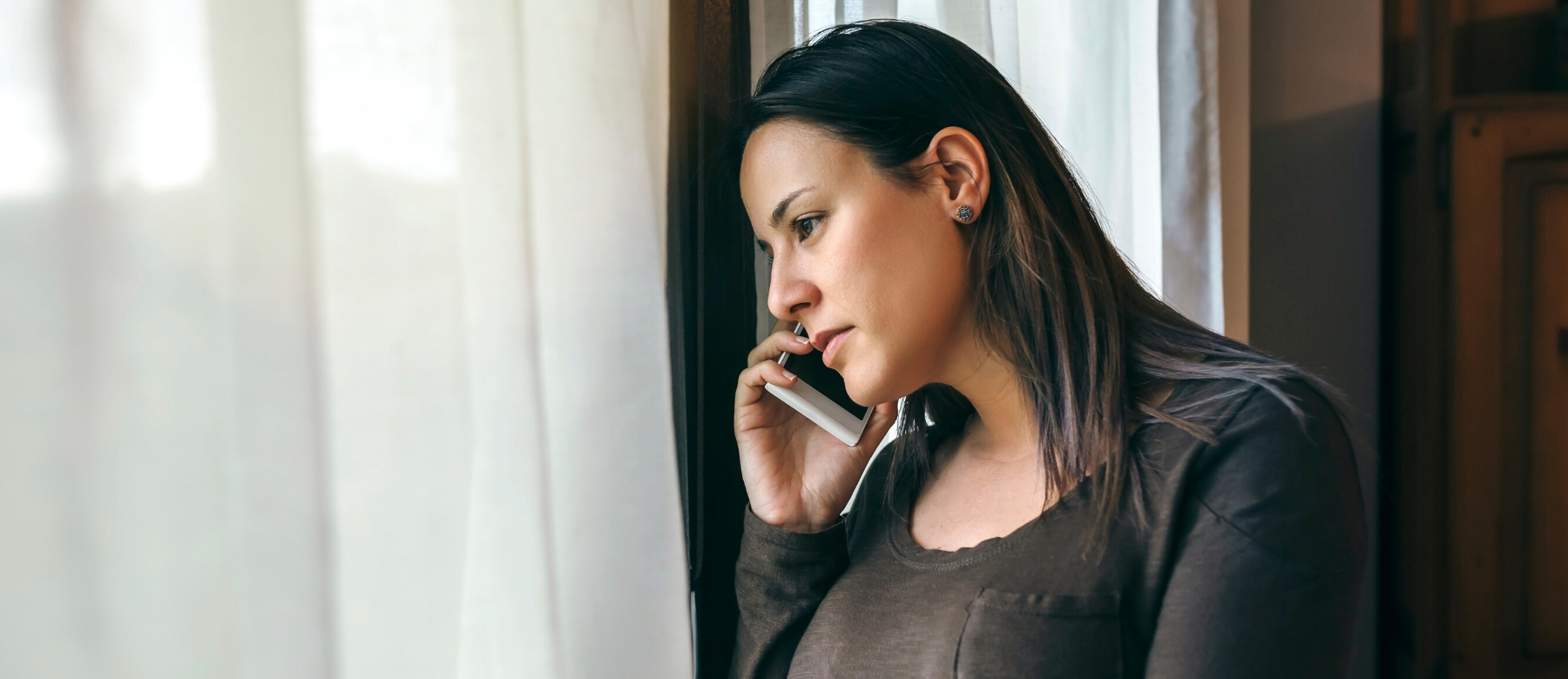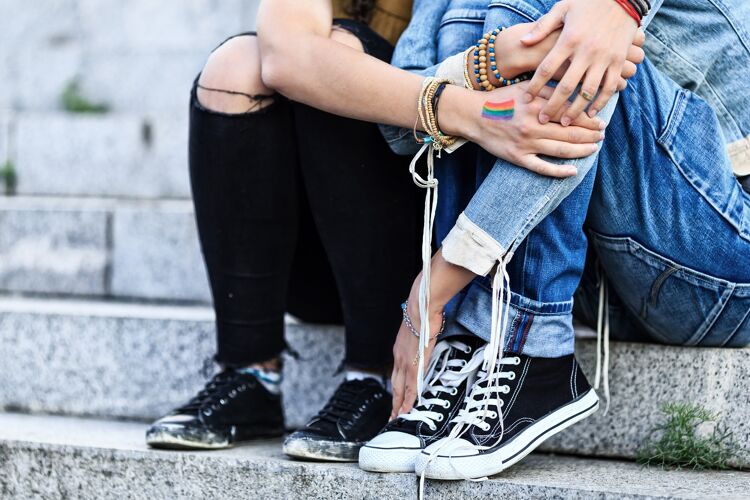Domestic abuse

Lockdown measures during Covid-19 have increased the risk for vulnerable people in abusive relationships, many of whom will be living with their abusers.
We want to encourage you to learn the signs to spot, so that if you do see or hear something, you can speak up and tell us what you know. 100% anonymously - guaranteed.
Tell us what you know. 100% anonymous. Always.
In an emergency, always call 999. If it’s not an emergency and you’d prefer to stay anonymous, contact us online or on the phone by calling 0800 555 111, 100% anonymously - guaranteed.
As a bystander, family member, colleague or friend you may feel helpless when you know someone is a victim of domestic abuse. Whilst ultimately the victim will need to make the decision to leave the relationship themselves, we encourage you to report your suspicions. We will then pass on information to the relevant police force who, with partners, may be able to intervene away from the abuser to check the potential victim is OK.
What is domestic abuse?
Domestic abuse is behaviour from a family member, partner or ex-partner that is controlling, coercive, threatening, violent or abusive, and happens between people aged over 16.
Domestic abuse can happen to men or women. It includes the following types of abuse:
- psychological
- physical
- sexual
- financial
- emotional
There are many reasons victims of domestic abuse may not report abuse from partners themselves; learn more about these reasons here.
How do you know if someone is a victim of domestic abuse?
Domestic abuse warning signs include:
- Their partner puts them down in front of other people
- They are constantly worried about making their partner angry
- They make excuses for their partner’s behavior
- Their partner is extremely jealous or possessive
- They have unexplained marks or injuries
- They’ve stopped spending time with friends and family
- They are depressed or anxious, or you notice changes in their personality
You may be a neighbour who may have seen or heard:
- Threatening and intimidating arguments, which may involve violent language or escalate to smashing up the furniture
- Arguments where the partner blames the other for their actions, saying they are “asking for it” or deserve the abuse
- Individuals with bruising or other visible marks, which may have been caused by physical abuse
If you witnessed, or have information in relation to, domestic abuse, speak up and tell us what you know. You will remain 100% anonymous - we won’t even know who you are.
Did you see something, but didn’t say anything? You have a second chance to act and stand up for victims of domestic abuse.
Tell us what you know. 100% anonymous. Always.
Read more about our anonymity guarantee
Perpetrators of abuse
Adults, no matter what their gender or sexual orientation, can also be perpetrators of abuse. It is estimated 1 in 4 perpetrators will reoffend.
- If you think your behaviour is crossing the line into abuse, call the Respect Phoneline on 0808 802 4040 to get the help you need.
- The White Ribbon UK Lockdown Toolkit is available here to provide practical suggestions and show where to get help for men who are worried about their behaviour during lockdown, and men who are concerned about the behaviour of their friends and colleagues.
Are you a victim of domestic abuse?
Due to our anonymity guarantee, we can't take information from victims of crime. In an emergency, always call 999. If it’s not an emergency and you don’t want to call the police, contact the 24hr freephone National Domestic Abuse Helpline (run by Refuge) on 0808 2000 247 - available 7 days a week.
- Men's advice line run by Respect - 0808 801 0327 is a confidential helpline for men experiencing domestic abuse from a partner or ex-partner (or from other family members).
- Women's Aid is a grassroots federation working together to provide life-saving services and build a future where domestic violence is not tolerated. Women’s Aid services include the Women's Aid Live Chat (open Monday - Friday, 10am - 4pm, Saturday and Sunday 10am – 12pm), the Women’s Aid email service, the Survivors' Forum and the Survivor's Handbook. They can all be found here.
- For advice during the coronavirus crisis, the Women's Aid Covid-19/Coronavirus resource hub is full of relevant, up-to-date support. It can be found here.
- Refuge is a UK charity providing specialist support for women and children experiencing domestic abuse.
- Victim Support is an independent charity in England and Wales that provides specialist practical and emotional support to victims and witnesses of crime.
- Galop is the UK’s only specialist LGBT+ anti-violence charity who have a National LGBT/ DA Helpline.
- For a further list of organisations who can offer you help and advice about domestic abuse, visit www.gov.uk/domestic-abuse.
- The Silent Solution helps people who are unable to speak, but who genuinely need police assistance. If you’re in an emergency situation and need police help, but can’t speak, Make Yourself Heard and let the 999 operator know your call is genuine.
- The Ask for ANI scheme, active in thousands of independent pharmacies and Boots stores across the country, allows those at risk or suffering from abuse to discreetly signal that they need help and access support. By asking for ANI, a trained pharmacy worker will offer a private space where they can understand if the victim needs to speak to the police or would like help to access support services such as a national or local domestic abuse helplines.
- Victims of domestic abuse can go to Safe Spaces for someone to collect their thoughts, contact a helpline or find a local support service.
Nothing to report?
- Visit Woman's Aid or Refuge to learn more practical ways you can help someone you may be worried about.
- You can also volunteer with Crimestoppers to raise awareness of our unique crime reporting service in your community.

Give information
Give information anonymously by phone on 0800 555 111 or online

Hate Crime
How to help someone who is a victim of hate crime and how to keep yourself safe.

Volunteer
Every year we stop thousands of crimes. Let’s help make communities safer together. Join us and start volunteering with your local Crimestoppers team today.